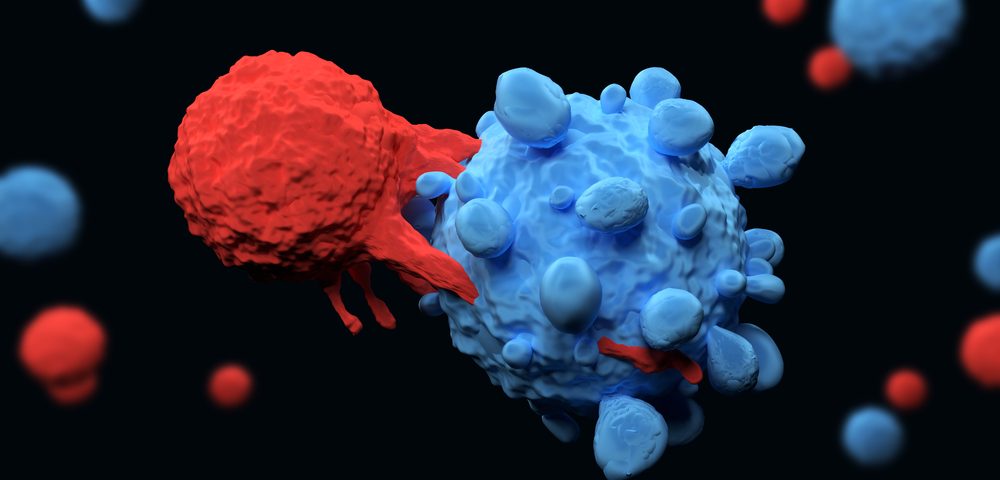Cesca Therapeutics filed a new patent application that may simplify the development of cancer immunotherapies, potentially improving efficiency and reducing manufacturing costs, the company announced.
The application was submitted to the U.S. Patent and Trademark Office (USPTO) by ThermoGenesis Corp. Cesca’s device division. The patent covers a method intended to further simplify the company’s proprietary CAR-TXpress platform by automating manual steps involved in cell processing and selecting target cells for the development of CAR-T therapies.
“As we pursue our goal of providing an automated means of manufacturing new immunotherapies such as CAR-T, it is critical that our innovations are recognized by the USPTO and other global intellectual property regulatory agencies,” Chris Xu, PhD, CEO and chairman of Cesca, said in a press release.
“We believe this new patent application, if and when granted, will significantly improve the commercial appeal of our CAR-TXpress technology by further extending the number of manufacturing steps that may be performed in a ‘one-pot’ process,” Xu said.
CAR-T cell therapy is a type of immunotherapy that involves genetically altering a patient’s own T-cells, a type of white blood cell, to produce chimeric antigen receptors (CARs) on their surface. CARs are a type of modified receptor that make T-cells specific for cancer cells. These engineered T-cells are then added back to the patient’s bloodstream where they continue to multiply, enabling more effective targeting and killing of cancer cells and potentially preventing the recurrence of cancer.
CAR-TXpress employs a technology called buoyancy-activated cell separation (BACS), which uses microbubbles to make T-cells float and improve their isolation. The technique allows for collection of microbubble-coated T-cells with high efficiency and improved cell viability, according to the company.
“This latest invention allows purification and activation of T-cells to be completed simultaneously, thus further simplifying the CAR-TXpress workflow and offering the potential for improved efficiency and reduced manufacturing cost, which are the two most significant challenges facing CAR-T developers today,” Xu said.
The BACS technology is covered by two recently issued U.S patents — No. 9,695,394 and No. 9,821,111. It may be used by potential partners to improve development of CAR-T immunotherapy medications, Cesca says.
In August 2017, the U.S. Food and Drug Administration (FDA) approved the first CAR T-cell-based therapy, Kymriah (tisagenlecleucel), for children with acute lymphoblastic leukemia.


